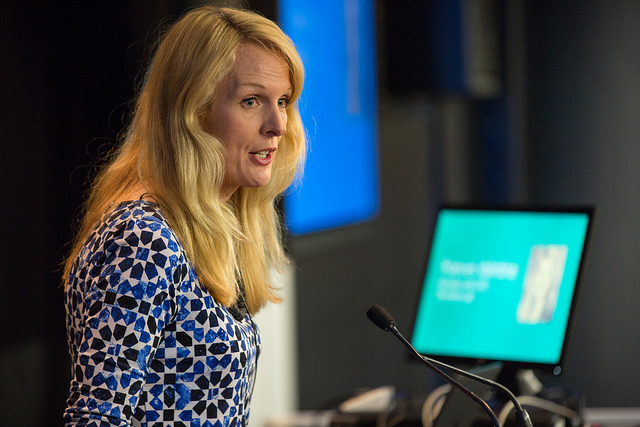For speech pathologists in private practice, professionalism has never been more important
For Speech-Language Pathologists (SLPs) in private practice, professionalism has never been more important. Here’s why: “Professionalism” is a combination of knowledge, skills, trustworthiness, and altruism found in those who commit themselves to a life of service to others. Because of our knowledge and expertise, SLPs have social prestige, asymmetrical power over clients and families, and…





